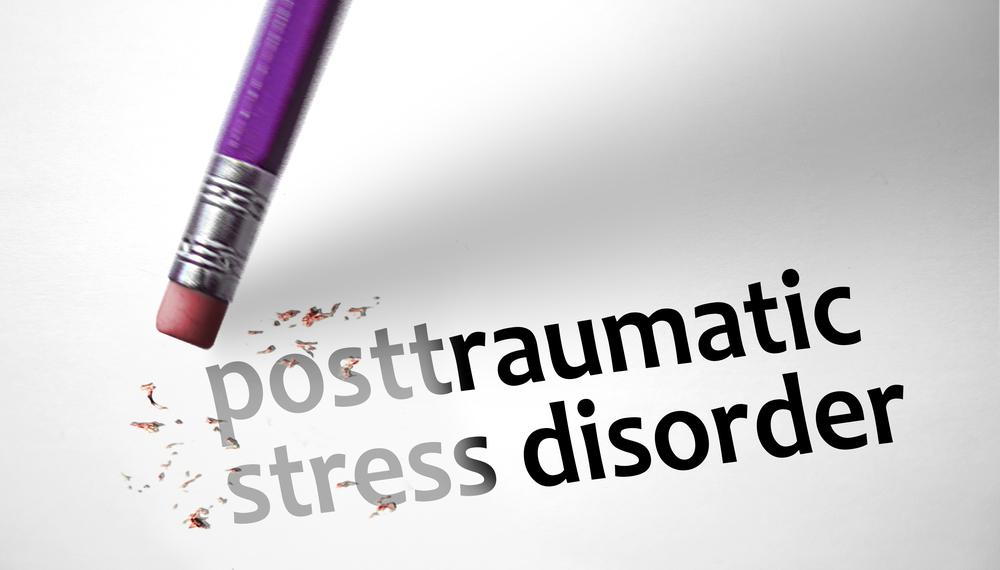Recent developments in the field of neuroplasticity prove how your brain is hardwired and genetically designed to heal, change and rewire itself after all kinds of traumas, including brain injury and stroke. Research also explains very explicitly how your brain changes, which means it also illustrates how you can collaborate with your brain and support it’s posttraumatic growth and development.

How You Can Alter Your Brain
Back in the 1930s a Canadian behavioral psychologist suggested that learning links neurons (the foundational element of your brain and how it sends and receives information) in fresh ways. He proposed that when two neurons fire at the same time repeatedly (or when one fires, causing another to fire), chemical changes occur in both, so that the two tend to connect more strongly. His concept…. was neatly summarized …:"Neurons that fire together, wire together.” The psychologist's entire theory argued that experience can change neuronal structure. What does that mean to you? It means that while trauma can alter your brain – and hence, the repetitive brain processes of PTSD – the basis for this change is experience. Following that philosophy, the idea that emerges is that the brain can change again, due to new experience. That has enormous implications for PTSD recovery.
One of the most disheartening (and untrue!) statements I hear from too many professionals and survivors is that, “Once you’re broken you can’t be fixed.” That may be true for some people but when it is, the fault isn’t necessarily that the brain is the problem. The brain likes to change. Sometimes, it’s people who don’t. Recovery is challenging. Not everyone commits to it or follows through. Not everyone wants to give up the lifestyle that PTSD offers. You may get worse for a while instead of better. You may feel better and then have a triggering episode and think you’ve lost ground. You may use modalities that make you process in ways that leave you feeling raw and unprepared. You may experience all of these things and then decide it’s not worth the fight. Everyone’s recovery is different. How you move through it is unique to you. Still, the opportunity to feel better, scientifically speaking, is available to you.
With neuroplasticity as your guide you can learn that it’s entirely possible focused, strategized experience(s) can get you out of it. At the very least, supporting your brain with new and good experiences while you seek your recovery path can be a positive, balancing and economically accessible way to (re)train your brain. Start firing neurons associated with positive experiences and you will start strengthening those neuronal structures in your brain, which can deeply impact your recovery process.
 Grounding Your PTSD
Grounding Your PTSD
Recovery Experience PTSD is more than just a diagnosis or mental illness, it’s a lifestyle. With poststraumatic stress you live every moment feeling, seeking and identifying the origin of danger, threat and fear. That’s your new normal. Oppositely, in healing you release all of those behaviors and begin to live life feeling safe, effective and confident. That’s a big change! Especially if you have struggled with PTSD for any length of time, or if you ever despaired that you would never heal, it can seem very surreal to finally feel things changing for the better. To mitigate this feeling so that it becomes more normalized, try this: Go deeper into that surreal feeling and connect it to the present moment. For example, pause, take a deep breath in, notice the feeling and identify what about the present moment is making it appear and allowing you to feel it so acutely. Is this feeling coming from the people you’re with, the place you’re in, the thought you just had?
Recognizing how your present experience relates to and even causes this feeling of well-being does some important things:
- Connects your good feeling to the present moment
- Highlights that your present feels safe
- Forms a new pathway in your mind for feeling good
- Teaches your mind and body that this feeling is real
The more you build on this experience the more you help your brain continue to make the changes that PTSD recovery requires. Research proves that it takes 10-20 seconds of a positive feeling for the brain to record it into a deeper neural structure. In recovery you want as many of those experiences as possible as you retrain and rewire the brain to release fear and hypervigilance and embrace safety, calm and control. To take yourself to the next level with this experience focus on that good, surreal feeling for 20, 30 or even 60 seconds to allow your brain to fully record it. Combining a practice of mindfulness with those surreal good feelings can also be a great way to facilitate creating a grounded centeredness in the feeling itself. Healing forces you out of your comfort zone and into a place that requires you to feel the opposite of how you’ve learned to live. The brain will naturally find that unfamiliarity strange. Your job in recovery is to make that feeling familiar so that you develop a comfort level with it — and keep moving into better and better territory.
